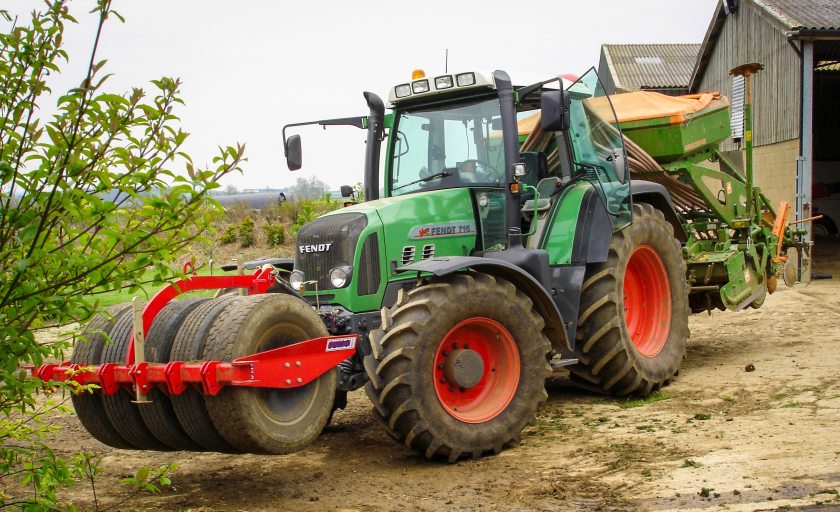Farmers urged to check insurance on classic modern tractors

Farmers have been urged to ensure that older, classic modern tractors are insured for the correct values.
The second-hand tractor market has seen a surge in demand, with prices for more simple, mechanically robust machines rocketing over the last 3 years.
Increasingly working farmers are looking for machines that are reliable, do not have an array of electronics and are capable of being repaired by a local mechanic.
Now Acres Insurance Brokers has issued advice to farmers wanting to insure second hand machinery.
Nigel Wellings, the firm’s director said: “When compared to a new machine at well in excess of £100k, paying anything up to £50,000 for models such as a John Deere 7810, 6920 or 7530 appears to be good value.
“Granted, they are likely to have a few thousand hours on them, and probably will not become the farm’s mainline tractor.
“However, as a secondary machine, doing 500 hours or less per year, they actually represent a good investment."
He added: “These tractors are unlikely to depreciate in forthcoming years and, in actual fact, may even appreciate. There is no way a new machine will not depreciate.”
Many farmers will have such a modern classic on their fleet, and will have owned it since new or nearly new.
However, Acres Insurance Brokers warned that when reviewing values for insurance purposes, such tractors were often completely undervalued.
“In the past few months, we have dealt with a number of fires where this type of tractor was badly underinsured,” added Mr Wellings.
“For example, we saw an MB Trac 1100 insured for £8,000, when the value was £16,000, John Deere 6410 insured for £15,000 when the value was £21,000, and a New Holland 7840 insured for £8,000 when the value was £14,000.
“All the customers lost out, as each of these machines was a write-off and insurers only paid out the insured value.
“The annual premium increase on each of them to have been insured for the correct value would have been in the region of £50.”








